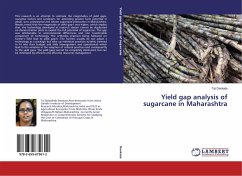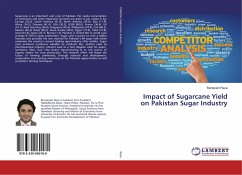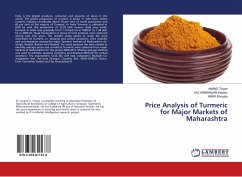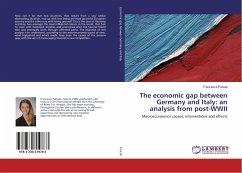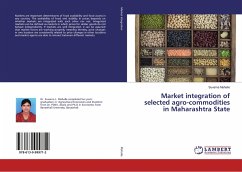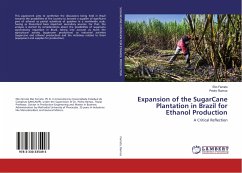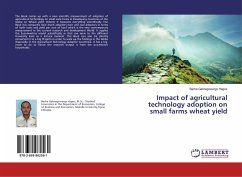This research is an attempt to estimate the magnitudes of yield gaps, causative factors and constrains for attending greater farm potential in adsali, suru, preseasonal and ratoon sugarcane production in Maharashtra. Results reveal that the magnitude of yield gap-I was higher, which implies that, the technology developed at research station cannot be duplicated on demonstration plots to exploit the full potential of sugarcane. This gap was attributable to environmental differences and non transferable component of technology. The orthodox practices being followed on farmer's field lead to yield gap-II .The farmers usually do not adopt a technology as a package but take up individual practices suitably trimmed to fit into their budget and skills (management and operational) which lead to the variation in the adoption of cultural practices and consequently to the yield gaps. The yield gaps cannot be completely eliminated, but can be minimized by efficient and effective resources management.
Bitte wählen Sie Ihr Anliegen aus.
Rechnungen
Retourenschein anfordern
Bestellstatus
Storno

